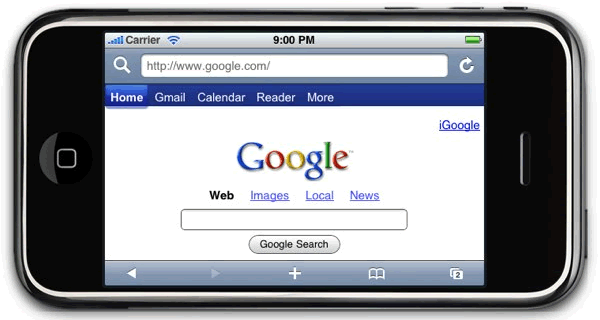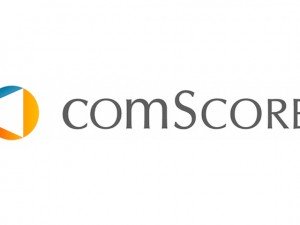
The convenience afforded by smartphone usage extends to multiple ways in which a user’s day is made easier by mobile features. Local search is no exception, and the way that users conduct mobile searches is gravitating more towards mobile applications.
In 2010, users were 33% more likely to search via their web browser than by using a native application. By January of 2011, however, that gap narrowed to only 17%, with more than half of mobile users conducting local searches from a mobile application.
The implications that this has on the mobile market are readily apparent. As mobile users gravitate more towards applications, companies and brands with location-based markets should look more into extending their mobile presence to the app store. The reach that they have through this venue is widening, and it should continue to do so.
Beyond just mobile applications, however, is the importance of mobile representation in general. With nearly ¾ of mobile users performing local searches from their web browsers on a regular basis, companies with a web presence ought to consider extending their reach to mobile-optimized websites, as well. The market of mobile users is a huge target audience that is only growing wider, and without a mobile-optimized web presence, companies will fall behind their mobile-savvy competitors.
Pro-tip? Devise an application that can take advantage of device-inherent geo-location features. Most smartphones are GPS enabled, and the feature makes mobile search easier for the average user. To see how HarborDev can help with your development needs, visit our services page.




